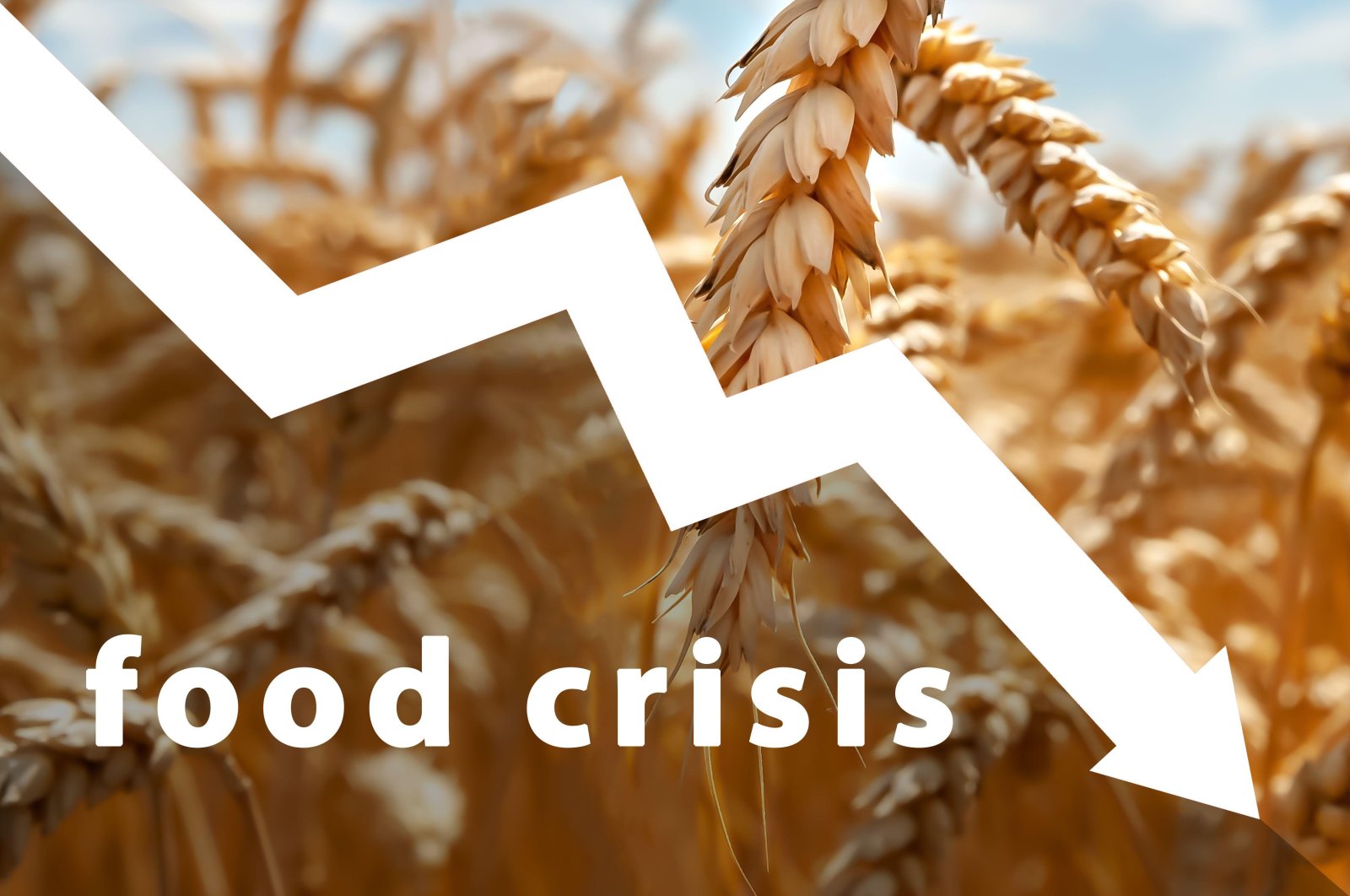Food insecurity threatens the Middle East
Food insecurity threatens the Middle East
BY IRFAN ASHRAF
OCT 14, 2022
The Middle East is beatified with the highest rate of deposit minerals as home to over 80% of oil and 40% of gas deposits globally. Despite these blessings and natural resources, the region is unable to meet its food needs due to a lack of arable land, a shortage of water, internal crises, fluctuations in the international economy and wars happening in different parts of the world. The Middle East and North Africa (MENA) depend on global agricultural imports to fulfill most of their needs and the region hosts the most vulnerable countries at the moment. The COVID-19 pandemic resulted in restrictions on workers, changed the needs of consumers and added many challenges to the supply chain, affecting the import and export of wheat and other basic foods globally, but especially in the Arab world.
Factors behind food crises
Yemen is facing a food crisis due to its recent civil war, with 17.1 million people in the country in starvation, 7.3 million people in urgent need of assistance and about 2 million children suffering from malnutrition. The war in Syria has crushed the country's agriculture badly, causing a 40% drop in food production with the situation worsening by the day. Lebanon relies on the world for its 90% of food imports, with 70% of refugees in the country living beneath the poverty line. Lebanon is unable to provide them with basic food. Similarly, western Iraq faced a food shortage in 2014 as it had no reserves left. According to research, approximately 60,000 people were totally dependent on food that could be found locally like potatoes
Russia-Ukraine war
The Russia-Ukraine war impacted ports and increased export restrictions on fertilizers and agricultural products, particularly wheat. Russia and Ukraine previously exported 30% of the world's wheat. Due to the war, Ukraine’s wheat production decreased by about 41%. This affects the Middle East badly. Moldova is dependent on Ukraine for 92% of its wheat imports while Lebanon relies on it for 81%, Qatar for 64% and Tunisia for 49.3%.
Former Russian Prime Minister Dmitry Medvedev recently said that “the food security of many countries depends on our supplies. It turns out that our food is our silent weapon." They are using this silent weapon. The changes in the need for food observed during Ramadan can also contribute to the hiking of food prices, however, the prices immediately rose after the Russia-Ukraine war.
In a recent meeting, the World Bank initially passed a budget of $13 billion for the food security crisis. It is also planning to hold events to educate farmers who face the challenge of cultivating lands damaged by climate change, which causes changes in weather patterns and affects crops and livestock.
At a recent conference in Saudi Arabia, International Monetary Fund (IMF) Managing Director Kristalina Georgieva said that 141 million people across the Middle East are facing a lack of food. The IMF approved a new shock borrowing window under its emergency financing instrument to help the countries that are facing shortages of food due to the war in Ukraine.
According to Georgieva, almost 48 countries globally are facing food crises and about 10 to 20 are asking for emergency assistance. While she acknowledged there were "quite a lot of them," she promised that “we are here for you” and that the IMF will help deal with the food trade restrictions to make the situation and plan easier.
Saudi Arabia and the IMF signed an agreement to ensure the stability and proper provision of basic foods like wheat and rice while prioritizing countries that are experiencing severe issues.
A sustainable solution must be pursued by ending the Russia-Ukraine war to ensure food security and peace. It is also important to understand the basic needs of farmers and empower them to increase agricultural production.
ABOUT THE AUTHOR
Analyst on international relations based in Islamabad, Pakistan.
Source :https://www.dailysabah.com/opinion/op-ed/food-insecurity-threatens-the-middle-east




















































Yorumlarınızı Bizimle Paylaşın
Sadece üyelerimiz yorum yapabilir, hemen ücretsiz üye olmak için Tıklayın